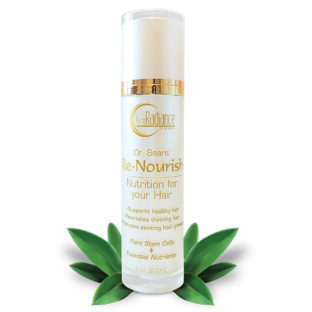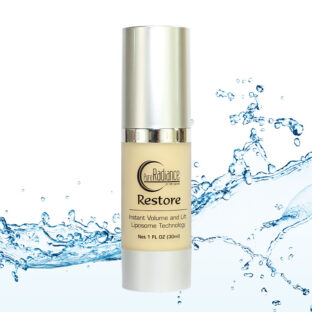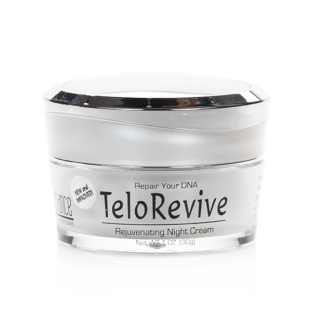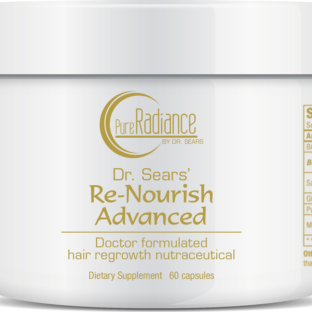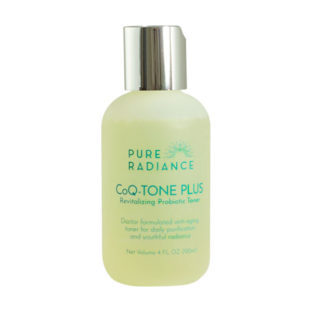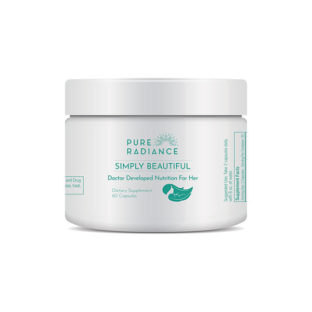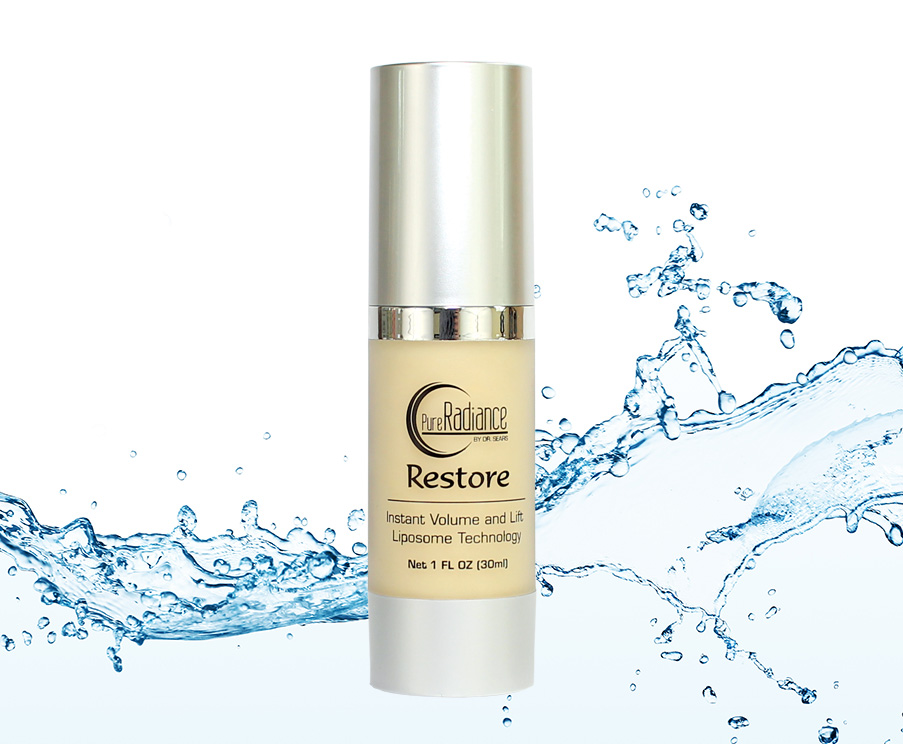
As one of the first board-certified anti-aging doctors in the world, I’ve had the privilege of being at the forefront of telomere biology.
And I’ve followed the latest advances closely with a view to applying these new developments to the treatment of my own patients at my wellness clinic here in Florida.
I recently read about a fascinating study in the journal, Genes and Development, in which research at the University of Texas points to new and unexpected way in which longer telomeres fight aging.
Specifically, they discovered that shortening telomeres may contribute to aging long before they’ve shrunk to the point at which DNA damage can occur.
You may recall from many of my previous newsletters that telomeres are the caps on the ends of your chromosomes. These protect your DNA, and their length determines your biological age.
But your telomeres get a shorter each time a cell divides. That’s how you age. Eventually, your telomeres get too short to save the DNA, and the cell dies.
So, in other words, the longer your cells stay healthy and active, the longer YOU can stay healthy and active.
That’s why I encourage my patients to take proven steps that promote longer telomeres.
These steps include:
Reducing stress;
Exercising regularly;
And getting plenty of antioxidant vitamins.
Since the discovery of telomeres back in the 1980s, it was thought they could only impact genes that were in the their immediate vicinity.
But the University of Texas research team has now discovered that chromosomes with long telomeres form “loops.”And these loops bring the telomeres close to certain genes directly linked to aging and disease.
So the longer your telomeres, the more able they are to switch off those dangerous genes connected to diseases and aging. It now appears this looping lets telomeres “silence”these bad genes.
But if your telomeres are short, these dangerous genes simply “switch on.”
This new research changes everything, because it identifies the first step in the aging of your cells – and YOU. And this process appears to happen long before a cell can’t divide anymore.1
But here’s the good news…
You already have access to the tools you need to slow – and even reverse – the shortening of your telomeres.
Here are a few of my favorites…
- Get some sun: The sun’s ultraviolet light triggers your body to make more nitric oxide and vitamin D. Both support longer telomeres. You may need as little as 15 minutes of sun per day.
- Keep active: Repeated bursts of high-intensity activity – as you’d get using my PACE workout program – build more than heart and lung health. Regular exercise also preserves telomere length.
- Relax: Stress accelerates the erosion of your telomere length. Stress-busting techniques like meditation can help you reverse the process.
- Boost your nutrition: Antioxidant vitamins and minerals appear to increase telomere length. Just taking a multivitamin helps. But be sure to get enough selenium. This trace mineral revs up the enzyme that rebuilds telomeres. I recommend about 100 mcg. per day.
This breakthrough shows we still have a lot to learn about how telomeres can slow the aging process.
But we do know that supporting telomere length increases your healthspan.
But it’s a decision YOU have to make – to become part of this incredible anti-aging revolution and add years to your life, or ignore it and die before your time.
To Your Good Health,
Al Sears, MD
1. “Scientists uncover mechanism that controls the fitness of cells, impacting aging and disease,”University of Texas Southwestern. Nov 15, 2014.


